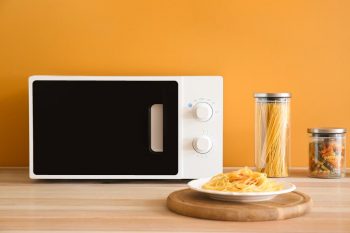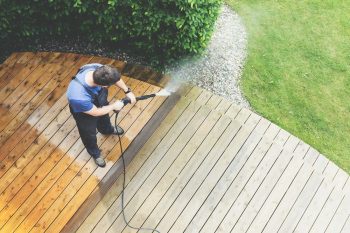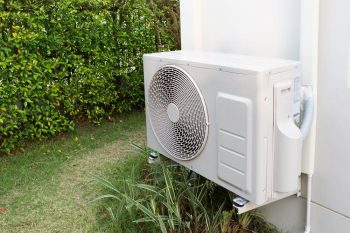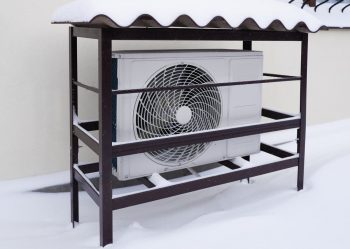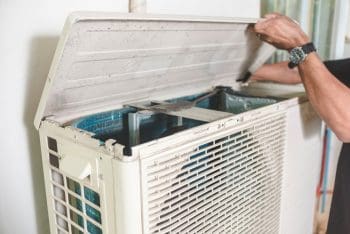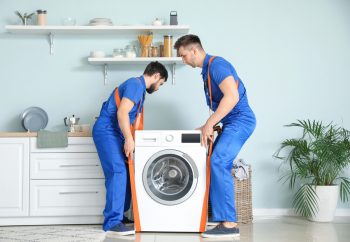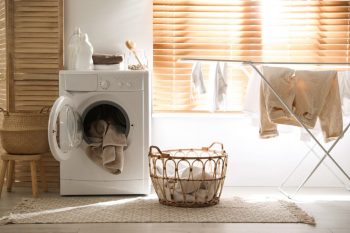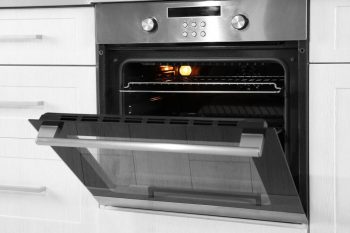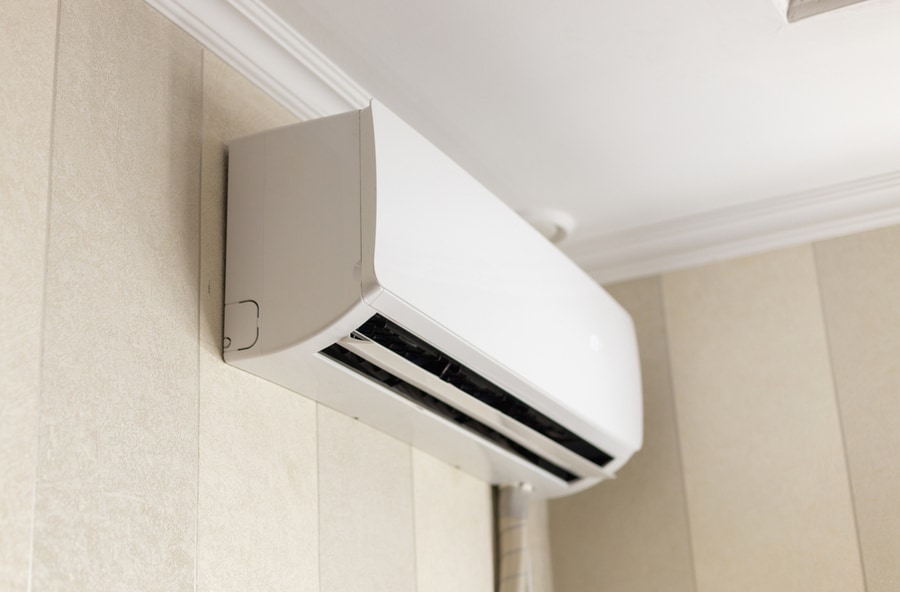
Now that you have a hot summer ahead of you, it’s time to discover everything you didn’t know about air conditioners.
If you’ve ever wondered about the inside of an AC unit, you probably have a few questions.
How does it work? How does an air conditioner remove humidity?
You could do many things with an air conditioner, but you must be careful there. For example, some air conditioners may affect your family’s health, and some even require a lot of money.
Here are a few points on everything you didn’t know about air conditioners for better understanding, saving money, and choosing the right one for your situation.
- Air conditioners work by circulating air to cool the indoor air.
- It’s important to clean your filter regularly.
- An air conditioner needs constant energy for its compressor and motor.
- Air conditioners come in many different sizes and models.
With enough information and a little time, you can get to learn everything there is to know about air conditioning systems.
If you want to purchase an air conditioner or know more about them and how they work, this article is for you. It has outlined the ten things you didn’t know about air conditioners.
What You Didn’t Know About Air Conditioners
Air conditioners are interesting appliances. Nothing quite like them; they do so much more than keep us cool in the summertime.
They can make our holidays more enjoyable by helping us stay healthy and safe from the heat.
Here are some of the things you didn’t know about air conditioners:
1. Air Conditioners Remove Humidity
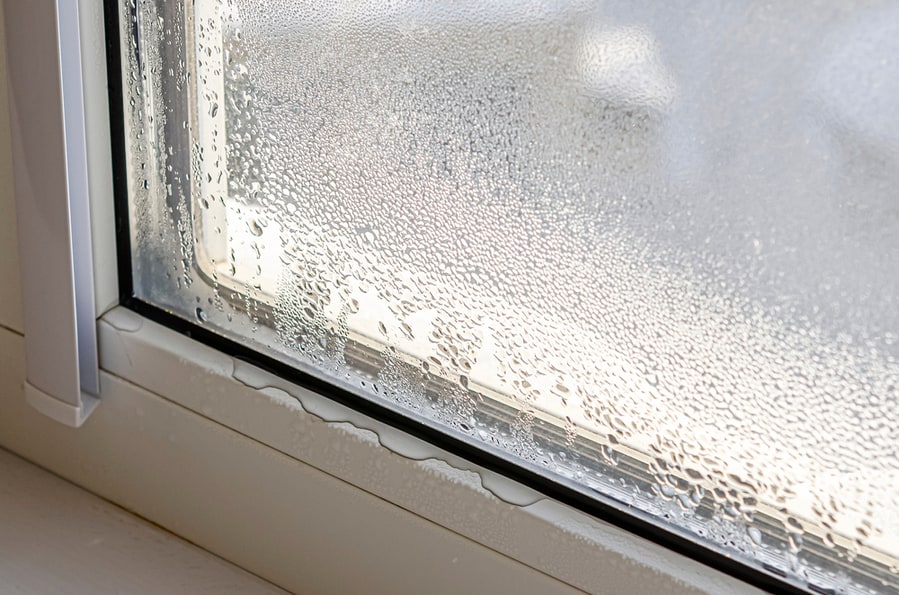
Air conditioners are designed to remove humidity from the air. Although they aren’t the only way to remove humidity, they’re the most efficient.
Humidity is usually the amount of moisture in the air. It affects the comfort level of your home by altering your indoor climate and making it harder for you to stay cool or warm. The lighter the humidity, the more uncomfortable your home will be.
An air conditioner removes humidity through evaporation. When a compressor is turned on, it blows dry, cool air into your home. This evaporates any moisture in the air and creates a current of dry, cool air that circulates throughout your house or building.
This current pushes hot, humidified air out of your home, so you no longer feel hot and sticky inside.
2. Air Conditioners Are Energy Efficient
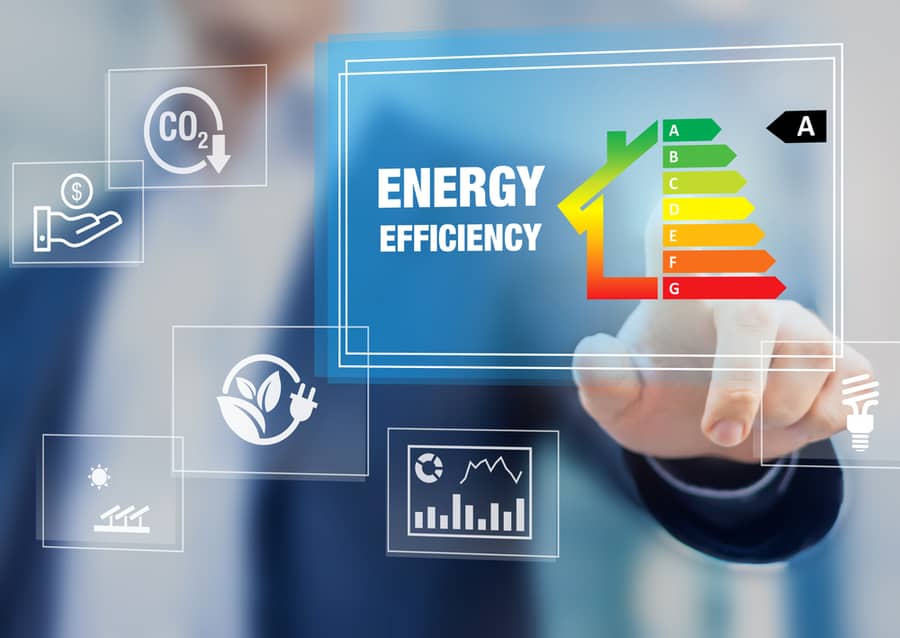
The efficiency of an air-conditioning system depends on several factors. These include the type and size of the unit, how much ductwork it has, how much insulation it has around it, and how well its ducts are sealed.
The energy efficiency of a home air conditioning system can be measured in many ways, including the amount of electricity used per kilowatt-hour (kWh) of cooling and the ratio of electricity used to heat.
A typical air-conditioning unit uses 20 percent less energy than a window unit in an average home with an above-ground heating system and 10 percent less energy than an average window unit in an average home with below-ground heating systems.
3. Air Conditioners Collect Dirt
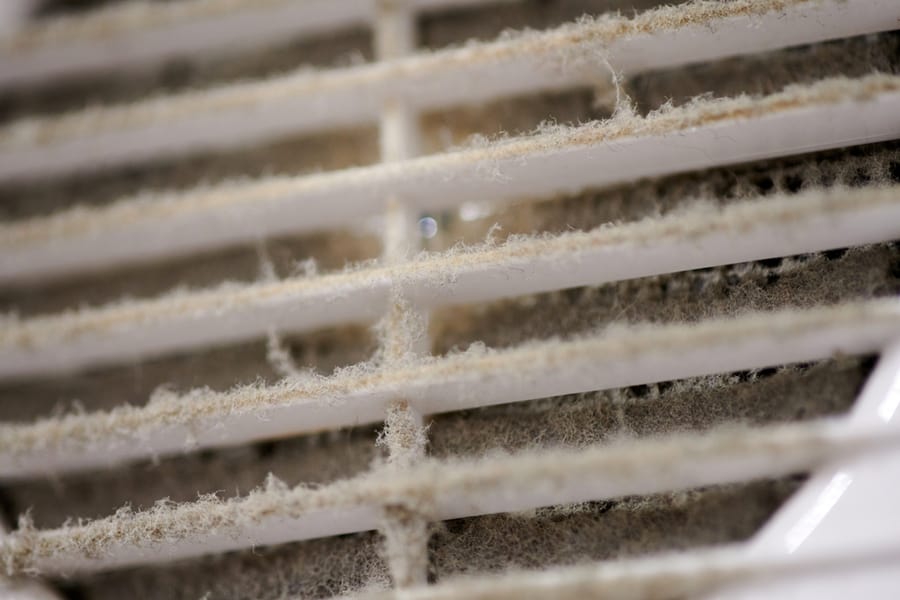
It’s not just dust and debris collected on your air conditioner. You will also find dirt and grime inside your unit, especially if you live in a humid environment.
You can try using a soft cloth or paper towel to wipe off the dust and grime, but this will not be effective. Instead, you must invest in a good air conditioner cleaner to remove all this debris from your unit.
4. Newer Air Conditioners Are Quieter
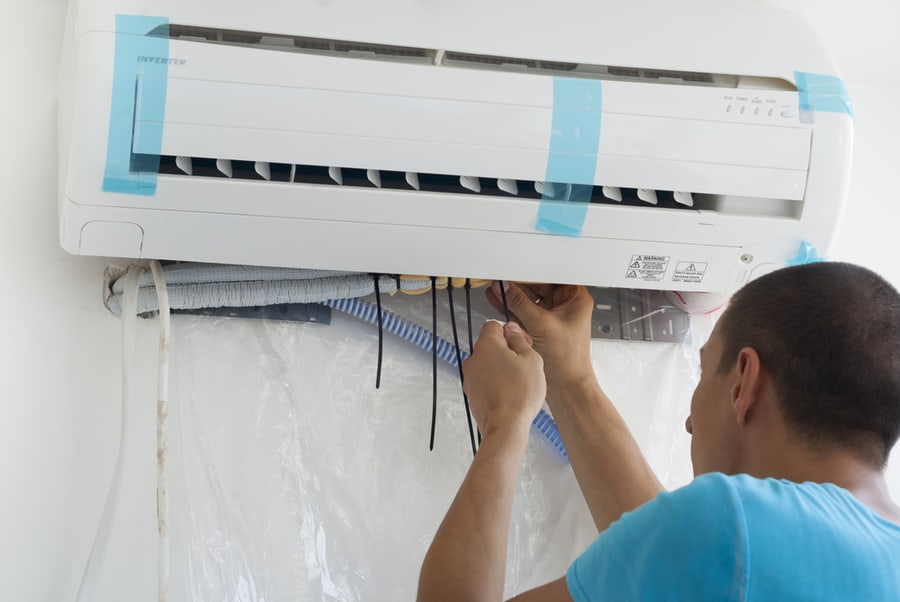
A lot of people don’t realize that newer air conditioners are quieter. Many new models are so quiet that they can be used in rooms where older models would have been noisy.
This is because newer air conditioners are more efficient and have features that make them quieter.
To find out how loud your current AC is, you can use a decibel meter and record the noise level. You can then compare it to other units you own or have purchased.
If your current unit is louder than other models, you may consider upgrading to a quieter newer model.
5. Air Conditioners Are Not Refrigerators
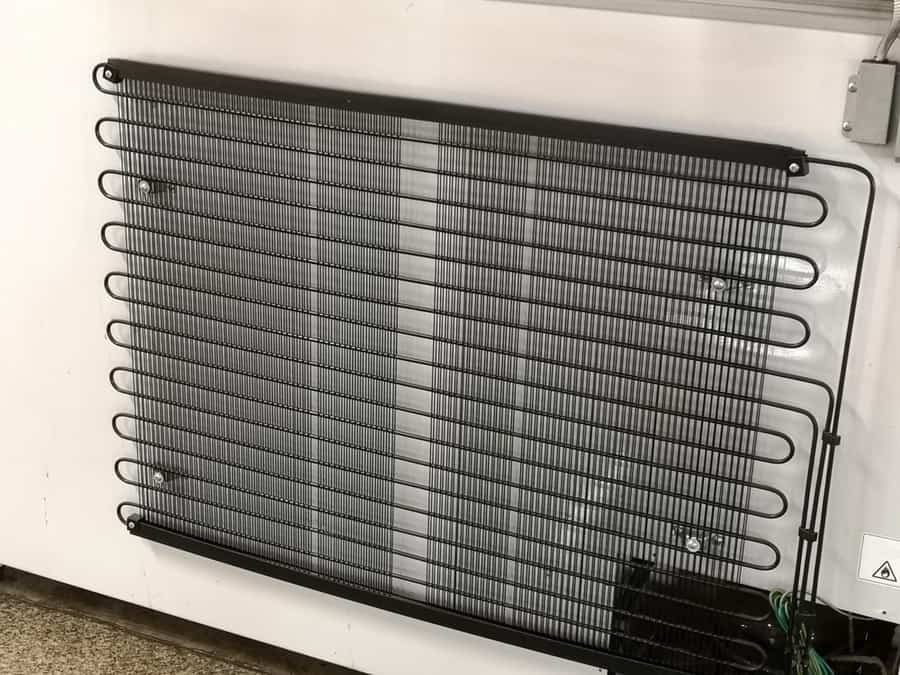
Air conditioners do not use the same type of refrigeration system as a refrigerator, which keeps food and drinks cold by condensing vapor inside the system into a liquid state.
Air conditioners instead use evaporative cooling to cool air outside the air conditioning unit’s outdoor coils.
Evaporative coolers work by using water to cool and dehumidify outdoor air. The more water can be condensed from an air conditioner’s outdoor coils, the more effective it is at cooling and dehumidifying that space.
The water in an evaporative cooler depends on ambient temperature, humidity levels, and outside air temperature.
6. Close Windows When Using an Air Conditioner
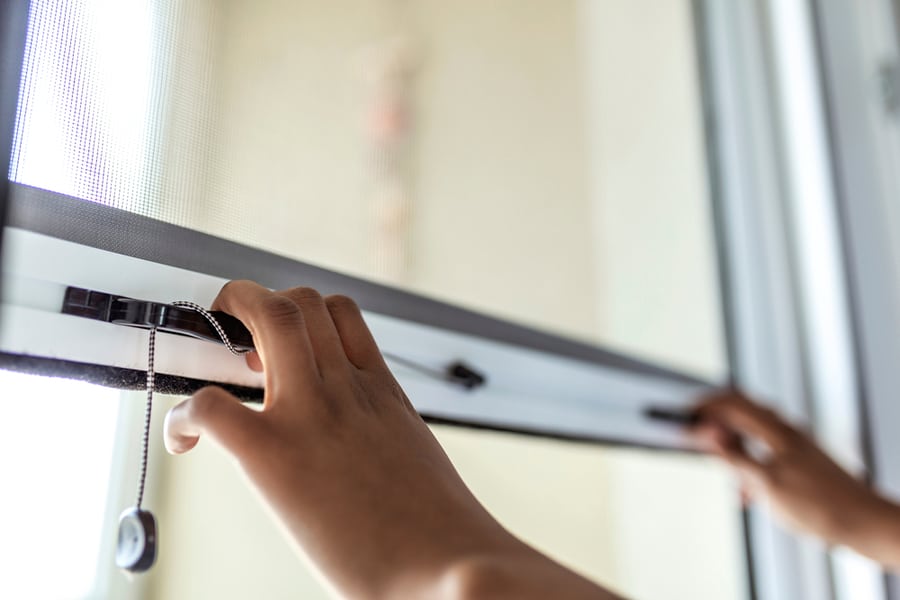
When you use an air conditioner in your home, you may notice it uses a lot of energy. However, there are ways to save on your electric bill by making simple adjustments.
Opened windows when the AC is running will allow cool outdoor air into the house, which can help keep a comfortable temperature inside.
When using the AC, close all the windows and doors, so the house has no draft. This will reduce your energy consumption and prevent leaks from occurring as well.
7. Having a Flawed Air Conditioner Will Not Lead to Death
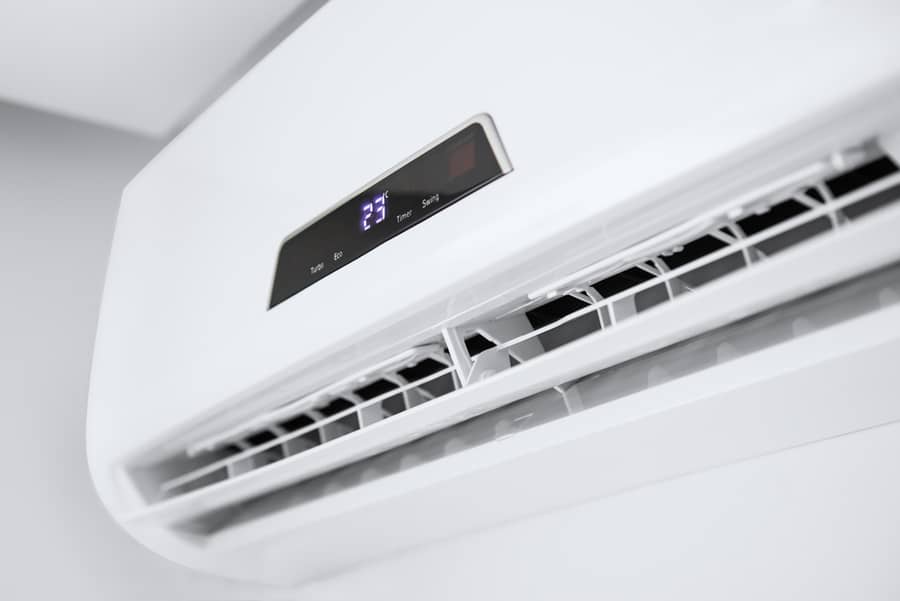
It’s easy to think that having a faulty AC unit will lead to death. But the fact is, you can survive with a broken AC unit.
However, there are two ways that an air conditioner can cause serious injury or death: if it is installed in a place exposed to high temperature or at an unsafe speed and produces too much carbon monoxide.
A faulty air conditioner might be unable to cool the room properly, but it won’t kill you.
8. They’re Not Just for Homes
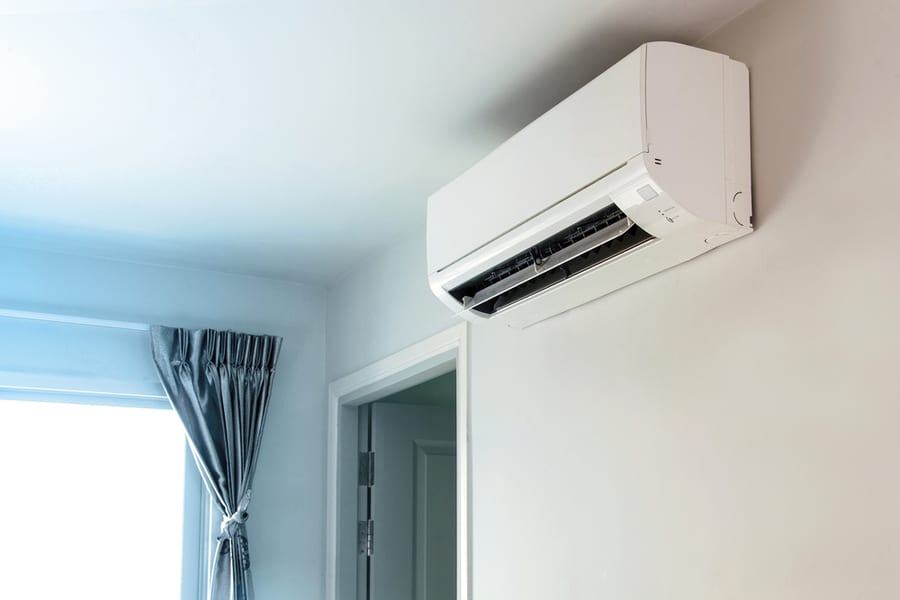
They can also cool down hot offices and storerooms or even areas with high temperatures.
Air conditioners can be used in any homeroom, from the living room to the bedroom to the kitchen and bathroom. They can also be used in warehouses and other commercial buildings.
Even in a very warm climate, an air conditioner might help you stay comfortable during the hot summer.
9. They Don’t Often Get Hot
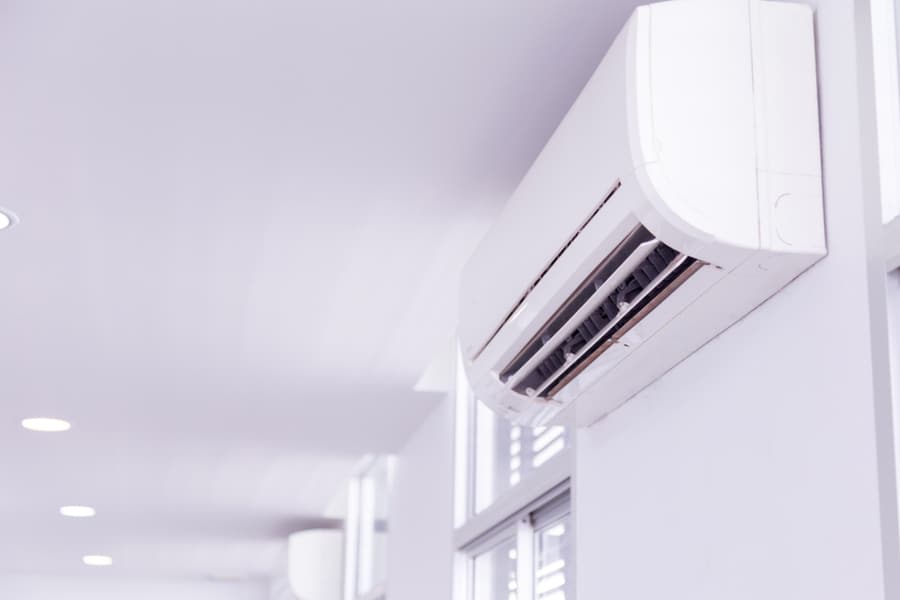
Air conditioners are often considered an appliance that gets hot, but they don’t. Air conditioners get hot, but it’s not the same heat a stove or oven produces.
A typical air conditioner comprises several components: an evaporator coil, a condenser coil, and a fan motor.
The evaporator coil absorbs moisture from the air and passes it through a tube to the condenser coil, releasing its heat into the circulated air.
The condenser coil works like a heat sink to absorb any excess heat from the evaporator coil before passing it through another tube to a fan motor which blows cool air over your home.
Conclusion
Whether you’re a homeowner, contractor, or simply living in a home with an air conditioner, we all probably know the basics of how these systems work. But that doesn’t mean you know everything about them and how they function inside and out.
Hopefully, this article has provided enough information on some things you didn’t know about air conditioners to ensure that your property is well-maintained and efficient and helps reduce your energy expenses.
Always remember that air conditioners are energy efficient, will get dirty over time, and are not just for homes. It is also recommended that if your property is uncomfortable, you should seek professional help.
Frequently Asked Questions
How Fast Does an AC Remove Humidity?
An air conditioner can remove humidity from a room in minutes.
This is because the air conditioner is essentially a giant fan that pulls air through the unit and into your home, which is cooled before being released back into the room.
The faster you want your AC to cool down your room, the more powerful its compressor must be. The best way to know how fast your unit can remove humidity is by checking out the company’s website or calling them directly.
Can an Air Conditioner Be Used as a Dehumidifier?
The answer is yes if you have an air conditioner with a dehumidifier setting. This is because air conditioners are designed to be used as dehumidifiers.

